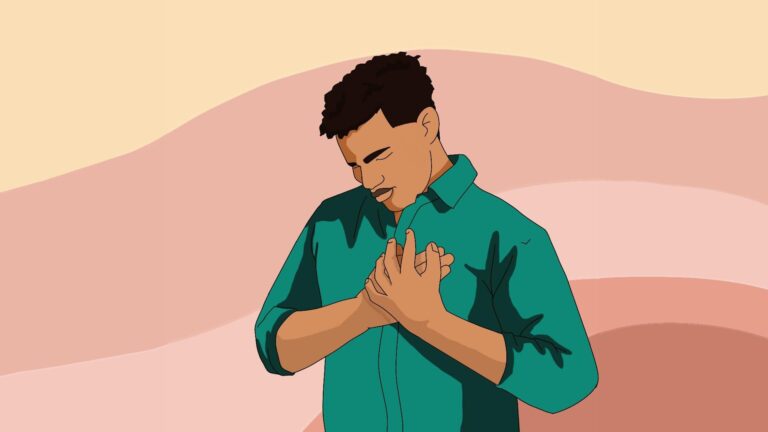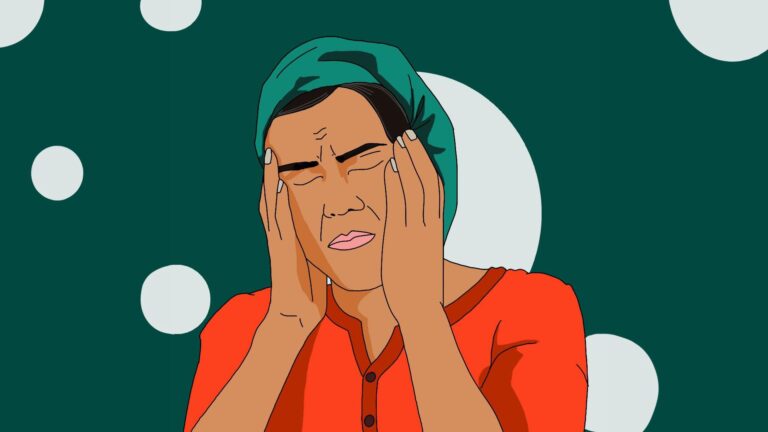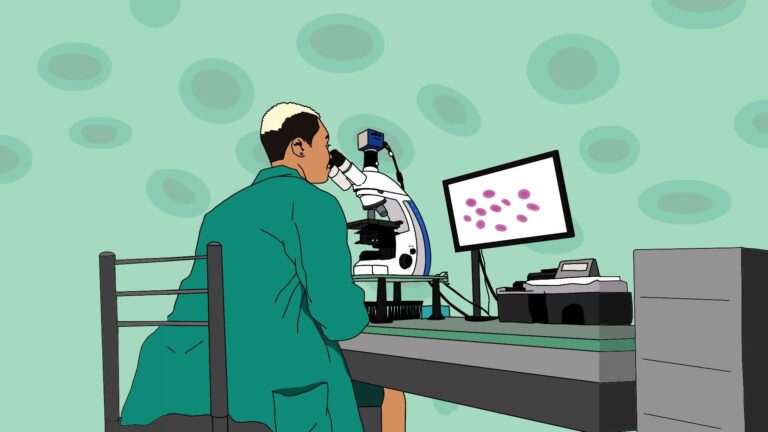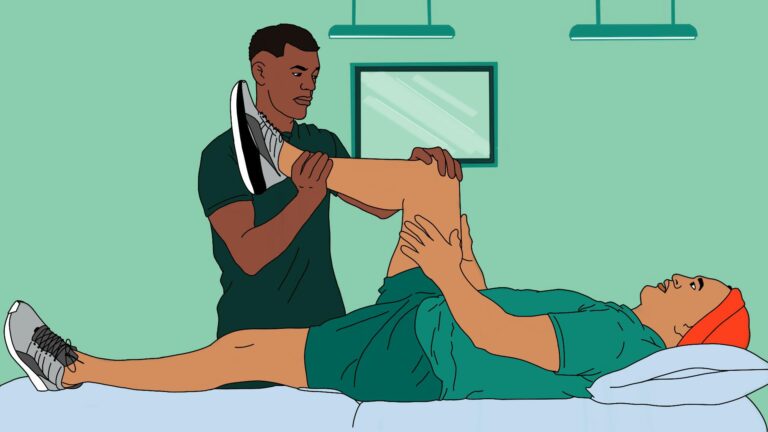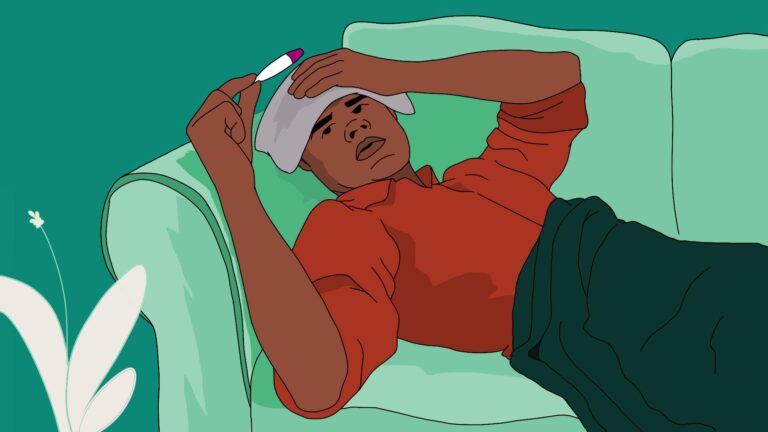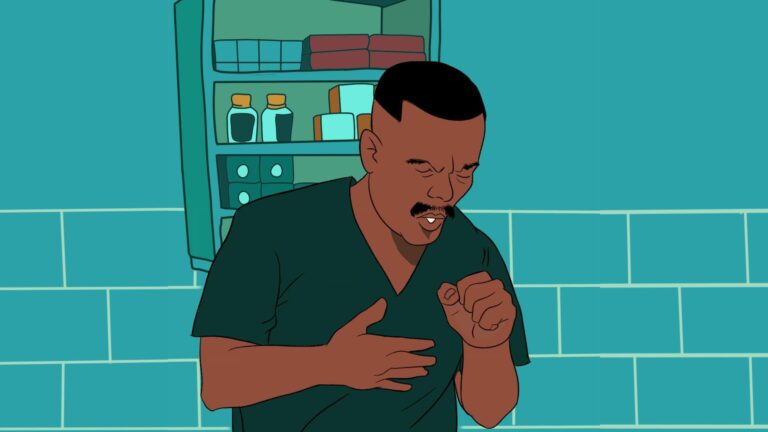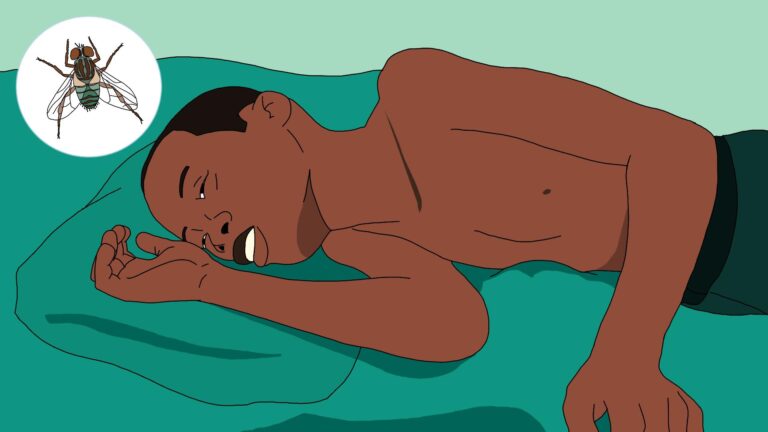Coronary Artery Disease
Coronary Artery Disease What is coronary artery disease? Coronary artery disease (CAD) happens when the blood vessels that supply the heart become narrow or blocked. This happens because of a buildup of fatty substances called plaque. When blood flow is reduced, the heart does not get enough oxygen, which can lead to serious problems, including…

